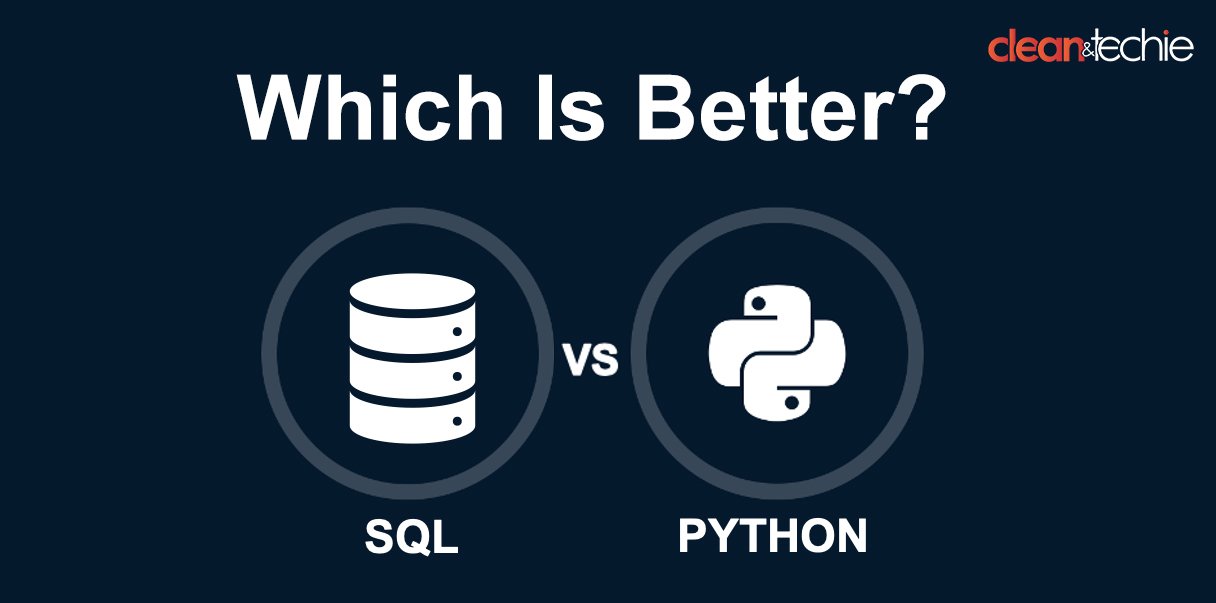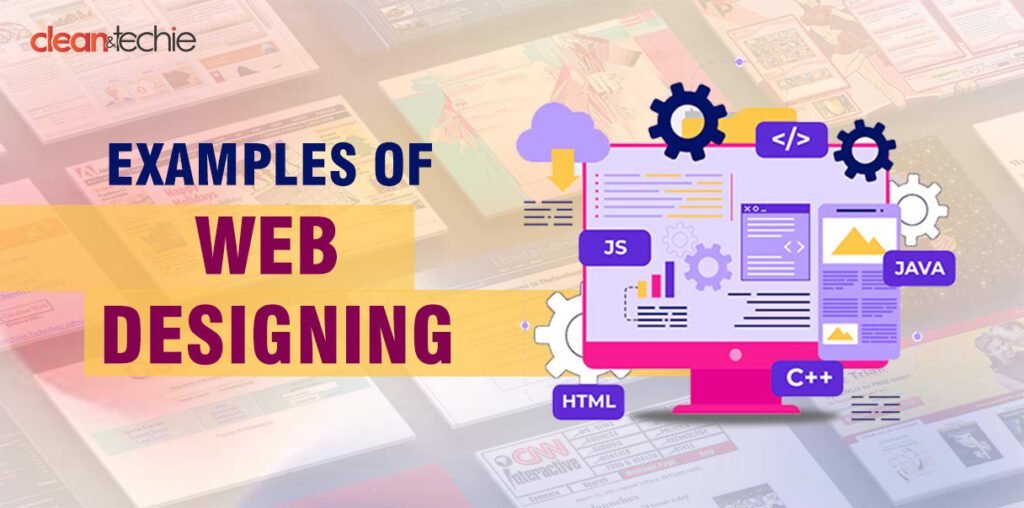SQL vs Python is a global question in the world of data, which is as good as an ocean. These two computer languages are the top choices of programmers: SQL and Python. Both are incredibly powerful tools, but they excel in different areas. Understanding these differences is crucial for anyone who wants to work effectively with data. This blog post will provide a comprehensive overview of SQL and Python, highlighting their strengths, weaknesses, and ideal use cases. We’ll also explore how these languages can be combined for maximum efficiency.
Introduction to SQL and Python
SQL vs Python: Choosing the Correct One
SQL (Structured Query Language):
This domain-specific language is designed for working with relational databases. managing data stored in these databases, retrieving, and manipulating is possible using SQL. This language is an essential tool for data warehousing, online transaction processing (OLTP), and data reporting.
Python:
Python is a general-purpose, high-level programming language. While it can be used for various tasks, it has become increasingly popular in data science and machine learning due to its versatility, ease of use, and extensive libraries. Python is a great tool when it comes to data cleaning, analysis, and visualization.
When to Use Which
Before diving into using SQL and Python, it’s important to understand the specific tasks each language is best suited for. This knowledge will help you choose the right tool for the job and maximize your efficiency.
SQL
Data warehousing: SQL is the go-to language for data warehousing. It efficiently stores and retrieves large datasets from data warehouses.
Online transaction processing (OLTP): SQL is essential for OLTP systems that handle real-time transactions and data updates.
Data reporting: SQL is the foundation for generating reports from relational databases. SQL helps users to create custom reports with specific data points and filters.
Python
Data exploration and analysis: Python’s versatility and powerful libraries make it ideal for data exploration and analysis tasks. Data scientists can use Python to clean, manipulate, and analyze data to uncover hidden patterns and trends.
Machine learning and artificial intelligence: Python is the dominant language in machine learning and artificial intelligence due to its extensive libraries like TensorFlow, PyTorch, and sci-kit-learn. These libraries provide pre-built functions and algorithms for building complex machine-learning models.
Building robust data pipeline: Python is a powerful tool for constructing automated data pipelines that handle tasks such as data ingestion, transformation, and loading
Data visualization: Python offers a wealth of data visualization libraries like Matplotlib, Seaborn, and Plotly. These libraries create various charts and graphs to communicate insights from data analysis effectively.
SQL vs Python Strengths and Weaknesses
SQL
Strengths:
- Efficient data retrieval and manipulation: SQL is optimized for working with relational databases. It can quickly retrieve and manipulate large datasets using efficient queries.
- Data integrity and consistency: SQL enforces data integrity and consistency through features like schema definitions and constraints. This is crucial for maintaining the accuracy and reliability of data in relational databases.
- Widely used language: SQL is used very commonly. This means that SQL queries written for one database management system (DBMS) can often be used with other DBMS with minimal modifications.
Weaknesses:
- Complex data processing and analysis: While SQL is great for retrieving and manipulating data, it can be cumbersome for complex data processing and analysis tasks. Python offers more powerful libraries and functionalities for these tasks.
- Limited integration with other applications: SQL is primarily designed for working with relational databases. It can be challenging to integrate SQL with other applications and tools without additional programming languages like Python.
Python
Strengths:
- Adaptable and Flexibility: Python is a Versatile language. It is used beyond data science. This makes it a valuable tool for anyone who works with data, regardless of their specific role.
- Wide tools range: Python has a wide range of tools for cleaning and preparing data. These tools can handle messy data and turn it into something useful.
- Great in Analysis and modeling: Python has special tools that help data scientists understand data deeply and create smart computer programs to learn from it.
- Data visualization: Python boasts a wide range of data visualization libraries that create clear and informative visualizations to explore and understand data patterns.
Weaknesses:
- Performance on extremely large datasets: While Python can handle large datasets, its performance can be slower than SQL for very large datasets stored in relational databases.
- Data integrity and consistency: Python itself doesn’t have built-in features to enforce data integrity and consistency in the same way that SQL does. This requires extra care and attention from programmers to ensure data quality.
Conclusion
The age-old question, “SQL or Python?” doesn’t have a straightforward answer. Both languages are indispensable tools in the data world, each with its own strengths and weaknesses. The best approach is to view them as complementary rather than competing. By understanding their unique capabilities, you can harness the power of both languages to tackle complex data challenges effectively.
Ultimately, the choice between SQL and Python depends on the specific task at hand. For data exploration, analysis, machine learning, and data visualization, Python is great. Data retrieval, working on data, and its management is done best by SQL. By mastering both languages, you’ll equip yourself with a powerful arsenal for conquering any data-related project.
So, rather than pitting them against each other, let’s embrace the synergy between SQL and Python and unlock their full potential together.




